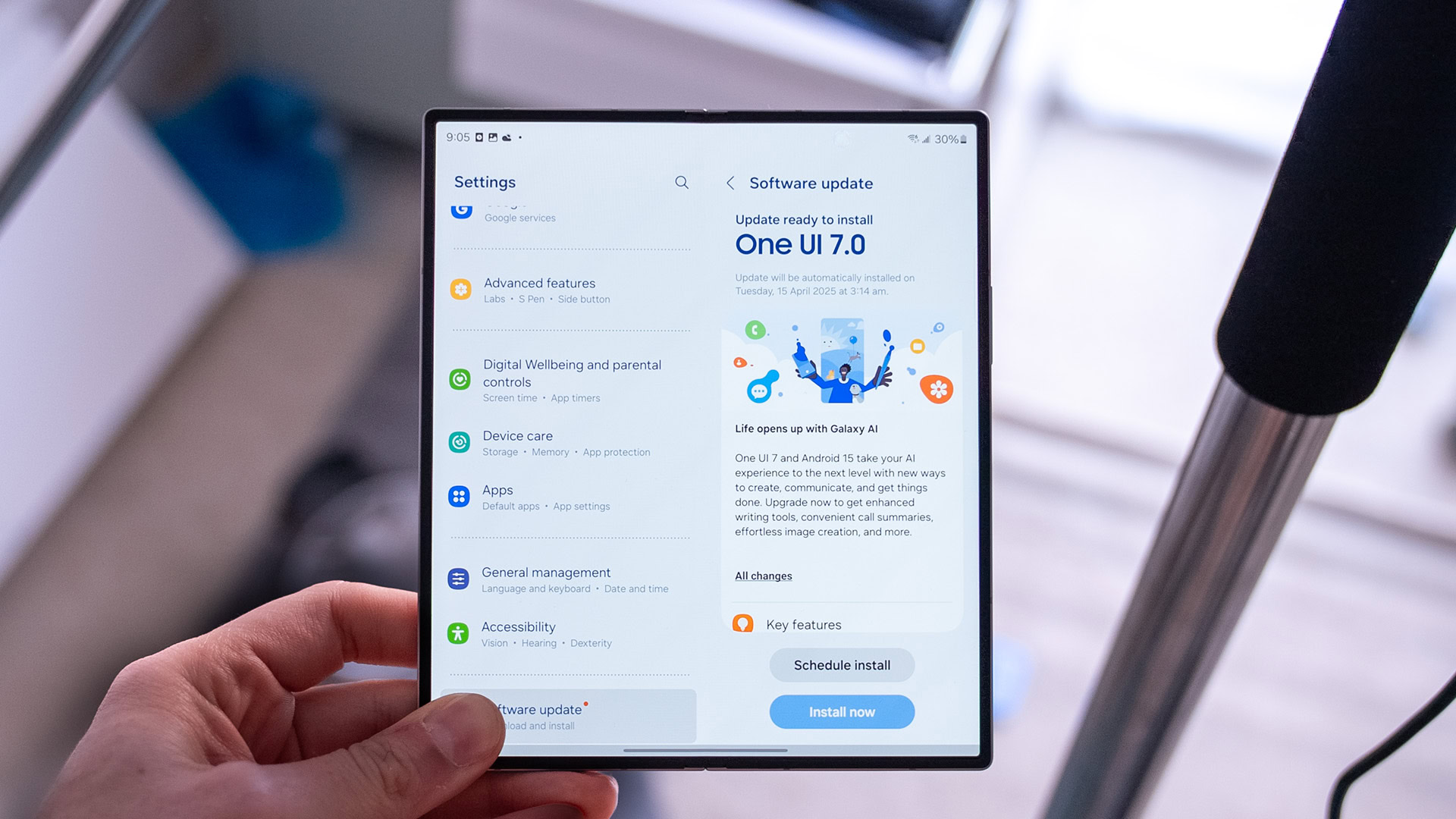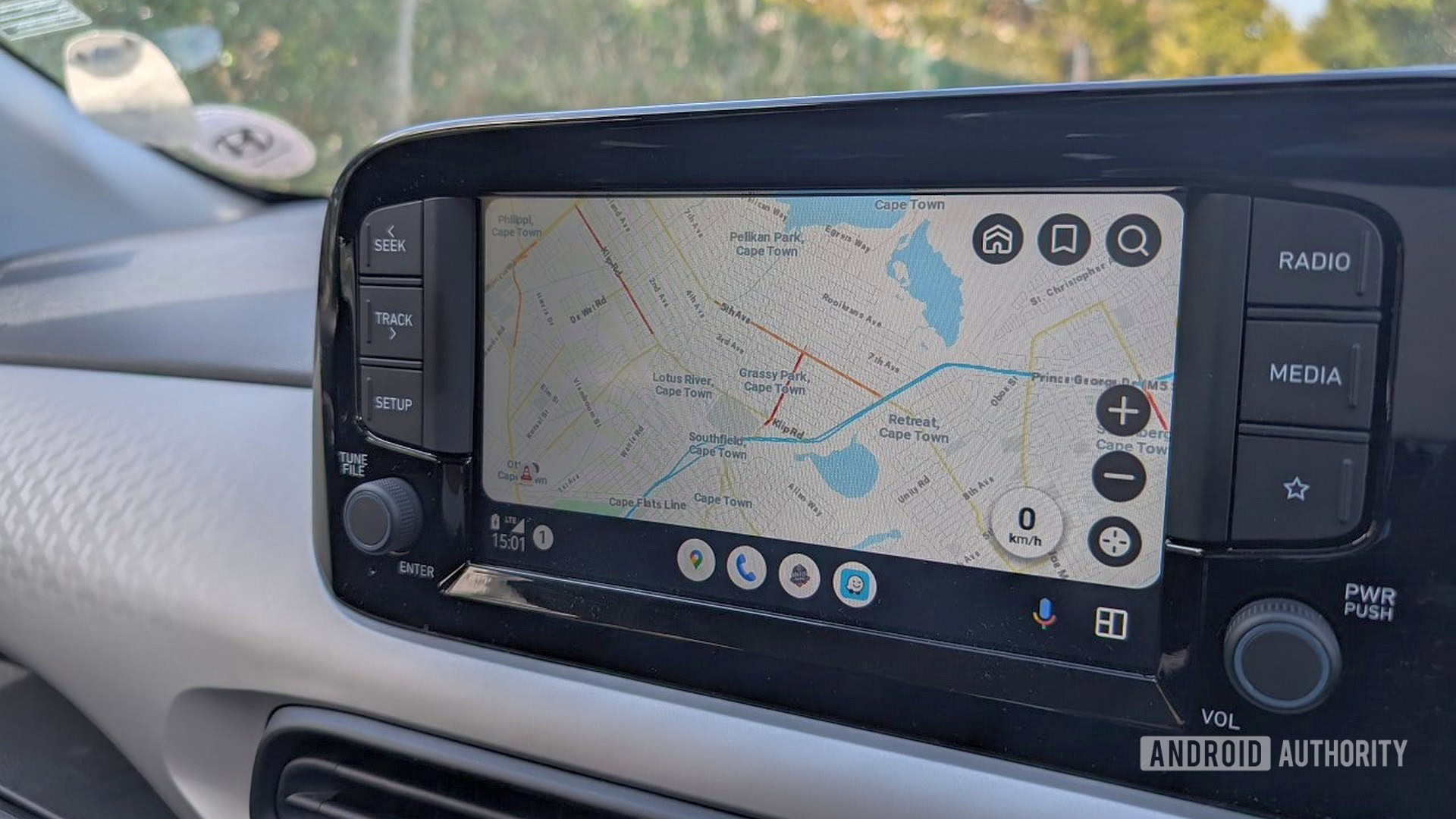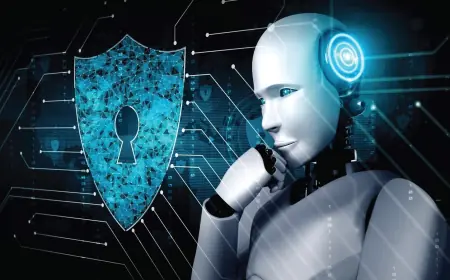Sustainability Meets Technology: AI’s Impact on Future Businesses
In the rapidly evolving landscape of modern business, artificial intelligence (AI) is emerging as a game-changer, particularly in driving sustainability. As global concerns about environmental impact, resource depletion, and climate change intensify, businesses are seeking innovative solutions to balance profitability with responsibility. AI, with its ability to process vast amounts of data, learn from patterns, and optimize systems, is playing a pivotal role in advancing sustainability efforts. Here's a look at how AI is reshaping the future of business through sustainable practices.
In the rapidly evolving landscape of modern business, artificial intelligence (AI) is emerging as a game-changer, particularly in driving sustainability. As global concerns about environmental impact, resource depletion, and climate change intensify, businesses are seeking innovative solutions to balance profitability with responsibility. AI, with its ability to process vast amounts of data, learn from patterns, and optimize systems, is playing a pivotal role in advancing sustainability efforts. Here's a look at how AI is reshaping the future of business through sustainable practices.
Explore more:-
Future business opportunities will arise from sustainability, technological advancements, and tackling global challenges. Key growth sectors include green tech, AI, health tech, the circular economy, smart cities, remote work, EdTech, and space exploration. Companies focused on solving real-world problems are poised for success.
1. Optimizing Resource Use
AI is revolutionizing resource management by enabling businesses to optimize their use of raw materials, energy, and water. Machine learning algorithms can analyze data from production processes to identify inefficiencies, suggest energy-saving strategies, and minimize waste. In manufacturing, AI-powered systems can predict machine malfunctions, reducing downtime and energy consumption. In agriculture, AI tools help farmers optimize irrigation, reducing water usage and enhancing crop yield.
2. Renewable Energy Integration
The transition to renewable energy is critical for a sustainable future, and AI is instrumental in facilitating this shift. AI algorithms are being used to predict energy demand patterns, helping to integrate renewable energy sources like solar and wind into the grid more efficiently. AI can also optimize energy storage and distribution, ensuring that clean energy is utilized when demand peaks. By predicting fluctuations in energy production, AI helps utilities better balance energy loads, minimizing waste and maximizing the use of green energy.
3. Waste Reduction through Circular Economy Models
The concept of a circular economy—where products are reused, repaired, and recycled—aligns with the global sustainability agenda. AI is enabling businesses to move towards circular models by improving waste sorting, recycling processes, and product life-cycle tracking. For example, AI can help identify the most efficient methods for recycling materials, while machine learning algorithms can predict when products are likely to reach the end of their useful life, prompting preemptive repairs or upgrades.
4. Smart Cities and Infrastructure
AI is helping cities become more sustainable by improving infrastructure, reducing carbon footprints, and enhancing resource management. AI-powered traffic management systems can optimize traffic flow, reducing fuel consumption and air pollution. In building management, AI can adjust lighting, heating, and cooling systems based on real-time occupancy data, leading to significant reductions in energy consumption. Additionally, AI can analyze data from sensors in smart cities to optimize waste collection, water management, and even urban agriculture, contributing to a cleaner, more efficient urban environment.
5. Sustainable Supply Chain Management
Supply chains are a major source of environmental impact, and AI is helping businesses reduce their carbon footprints in this area. AI can optimize logistics by calculating the most efficient transportation routes, minimizing fuel consumption, and reducing emissions. Furthermore, AI can help companies assess the environmental impact of their suppliers and materials, enabling them to make more sustainable sourcing decisions. By using AI to monitor and improve supply chain operations, businesses can reduce waste, lower costs, and promote sustainability.
6. Personalized Sustainability in Consumer Products
AI is also playing a key role in the consumer sector, where it helps create more sustainable products and services tailored to individual preferences. AI-driven data analysis allows businesses to design products that are more durable, efficient, and eco-friendly. For example, AI can be used to track consumer preferences and suggest sustainable alternatives to products that have a higher environmental impact. Moreover, AI-powered platforms can help consumers make informed choices by providing information about the sustainability of the products they purchase.
7. Climate Change Mitigation and Adaptation
AI is a powerful tool for climate change mitigation and adaptation. By analyzing vast amounts of climate data, AI can predict climate patterns, helping businesses and governments prepare for extreme weather events and natural disasters. Additionally, AI can aid in carbon capture and sequestration efforts by optimizing the processes that remove carbon dioxide from the atmosphere. AI-driven simulations also help businesses model their potential environmental impacts, enabling them to take proactive steps in reducing their carbon footprints.
Conclusion
As the world increasingly focuses on sustainable development, AI is at the forefront of driving innovation and solving some of the most pressing global challenges. From optimizing resource use to promoting renewable energy and advancing circular economy models, AI is transforming the way businesses operate. By harnessing the power of AI, companies can not only improve their bottom lines but also contribute to a more sustainable and resilient future. The integration of AI with sustainability efforts is no longer just a possibility—it is a necessity for businesses aiming to thrive in the 21st century.
What's Your Reaction?
 Like
0
Like
0
 Dislike
0
Dislike
0
 Love
0
Love
0
 Funny
0
Funny
0
 Angry
0
Angry
0
 Sad
0
Sad
0
 Wow
0
Wow
0


















































